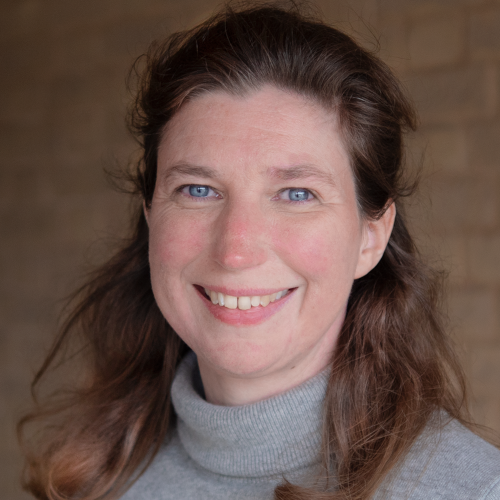
Dr Alexandra Freeman
University of Cambridge (Cambridge, United Kingdom)
Dr Alexandra Freeman became Executive Director of the Winton Centre for Risk & Evidence Communication at the University of Cambridge in 2016 after a career directing and producing science documentaries for the BBC. The Winton Centre team work on trustworthy communication, designed to inform and not persuade. Separately from her Winton Centre work, Alex caonceived of the idea of Octopus – a new platform designed to form the primary research record, where people are incentivised to publish informative and not persuasive descriptions of their work (including constructive critiques of others). This, she hopes, will reset the incentive structure within science and change the research culture for the better.
All OAI12 Sessions by Dr Alexandra Freeman
How trustworthy is ’science’?
During the past year, ’trusting the science’ and ‘following the science’ have become top of every news agenda as it has become abundantly clear that the pronouncements of scientists can mean life or death for millions of people. In reality, the outputs of the research community dramatically affect all our lives whether there is a pandemic or not: published research forms the basis of our medical treatments, economic decisions, development programmes, conservation initiatives and much, much more. But does academic research provide a firm enough base on which to build our world? This is the real definition of ‘research integrity’ – research that you can trust with your life. I venture to suggest that researchers in most disciplines would not bet their life on the predictions of their own field. To produce research with this level of integrity requires an approach different from that found in many disciplines today: a professionalisation of the research community, a clarification of goals and re-alignment of incentives, and the development of tools to match those goals and professional pathways.
Most young scientists are excited by the prospect of helping solve the world’s problems and ‘making a difference’. During their PhDs and onwards, most are taught instead that their aim should be to write scientific papers, the great majority of which will have minimal readerships and real-world impact. If we want our research base and our science to be truly trustworthy we need instead to continue to inspire and enable bright minds to come up with ideas, to test them exhaustively and work out how they can be used in the real world. We need sparks of creativity to meet relentless slog, sharp critique to meet appreciation and encouragement, practical experience to meet fresh perspectives. In short: a very different research culture. And I think that can be achieved through a relatively simple change in the way that research is shared.